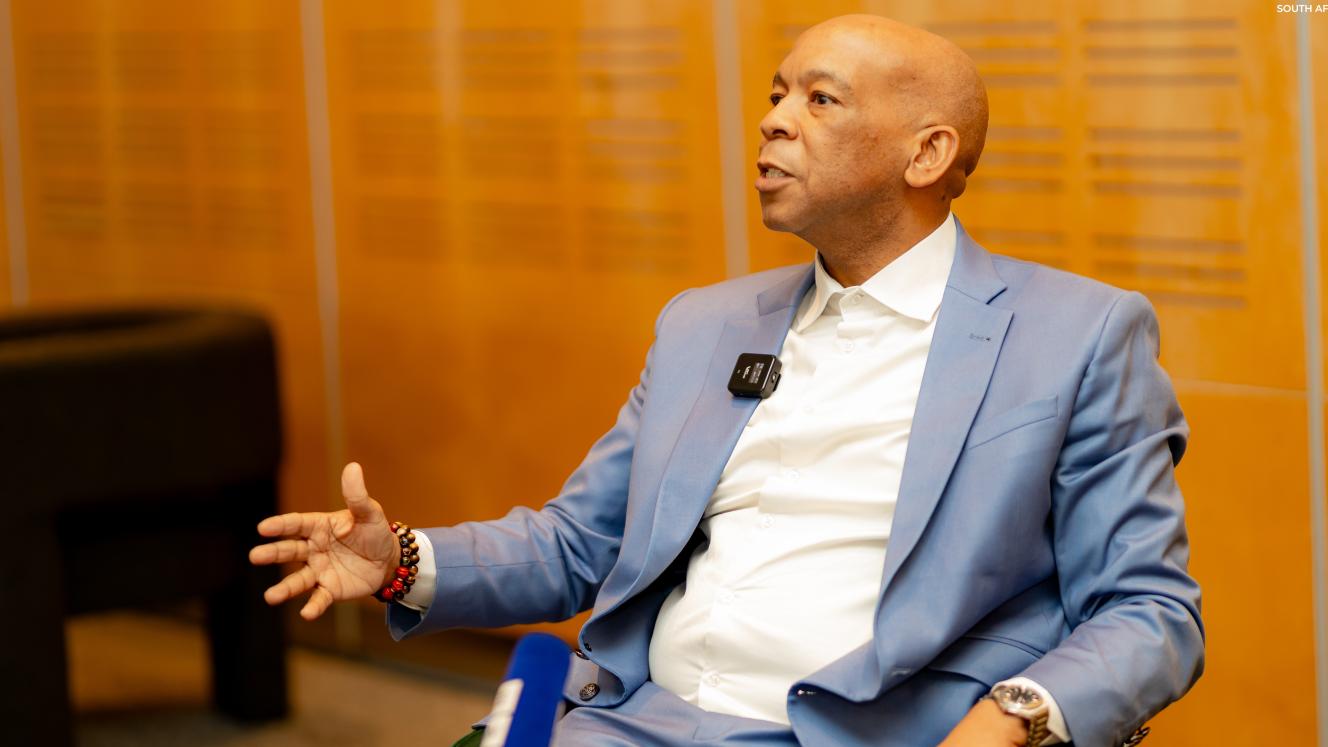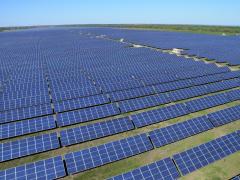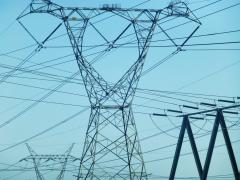Doubling energy efficiency by 2030 is not merely a target but a clarion call. This was the message from Minister of Electricity and Energy Kgosientsho Ramokgopa at the second G20 Energy Transition Working Group (ETWG) Energy Efficiency and Affordability side event at the Cape Town International Convention Centre on Wednesday.
As South Africa assumes the G20 Presidency – under the theme Solidarity, Equity and Sustainability – energy security, affordability and accessibility have been prioritised as the central pillars of the ETWG.
Ramokgopa reaffirmed South Africa’s commitment to being part of a global collective committed to advancing the role of energy efficiency and affordability within the shared goal of doubling energy efficiency by 2030.
“We have come to appreciate that energy efficiency, aptly described as ‘first fuel’, is not simply a cost-saving mechanism. It is a catalyst for enhanced productivity, economic competitiveness and sustainable development, particularly within developing and emerging economies. Energy efficiency must be elevated through policy mechanisms for urgent and faster actions, which is both essential and achievable,” he said.
The G20 ETWG discussions are built on a legacy of global cooperation, including the 2022 Bali Energy Transitions Roadmap and India’s G20 2023 Action Plan doubling the rate of energy efficiency improvement by 2030, which was endorsed at COP28 in Dubai. India’s G20 Presidency Action Plan identified five strategic pillars:
- Energy efficiency in buildings
- Energy efficiency in industry
- Energy efficiency in transport sectors
- Financing mechanisms
- Behavioural change
“It’s a commitment we must honour individually and collectively,” Ramokgopa said. He positioned the effort as a cornerstone of South Africa’s just energy transition and sustainable development agenda.
Ramokgopa highlighted South Africa’s own energy efficiency track record, citing several key initiatives:
- Income Tax (12L) Allowance for Energy Efficiency
- Municipal Energy Efficiency and Demand Side Management Grant
- Appliance Standards and Labelling initiatives
- Energy Performance Certification of buildings
He also noted achievements by the industrial and mining sectors. These sectors, responsible for 35% of total energy consumption in 2020, improved energy efficiency by 4,6% that same year compared to a 2015 baseline. Furthermore, collaboration between the Department of Electricity and Energy, the Council for Scientific and Industrial Research and other stakeholders led to energy savings exceeding 6 000 GWh by 2019.
Despite these achievements, Ramokgopa stressed the need for continued investment in energy efficiency, particularly as South Africa navigates economic complexities and rising energy demand.
He said the G20 ETWG is a vital platform to strengthen regional and international cooperation. “Energy efficiency must serve as a tool for growth and a vehicle for social and economic inclusion. We’re confident that the G20 ETWG engagements will facilitate increased availability of affordable, high-quality, energy-efficient technologies in local markets; strengthen energy efficiency investments through fiscal incentives that de-risk projects and boost confidence among financial institutions; promote knowledge-sharing across sectors, technologies and behaviours; and foster a vibrant, professional energy services sector capable of driving sustainable implementation.”
The South African government, International Energy Agency (IEA) and Deutsche Gesellschaft für Internationale Zusammenarbeit supported the high-level energy efficiency dialogue. “Their support in shaping today’s agenda empowers us to explore innovative pathways and exchange best practices that enable effective and affordable energy efficiency measures for all consumers,” Ramokgopa said.
The IEA’s 9th Annual Global Conference on Energy Efficiency in 2024 reinforced the urgency of accelerating energy efficiency actions while acknowledging the need for diverse, locally tailored approaches, he added.
“The G20 ETWG’s deliberations must translate this urgency into concrete action, emphasising robust policy implementation and innovative financial mechanisms to drive energy efficiency and affordability,” Ramokgopa said.











